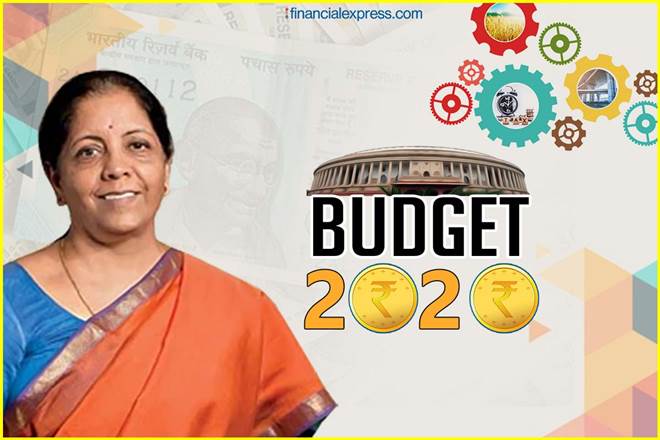Union Budget 2020: There would be a rise in consumption demand due to increase in income because of a substantially lower tax rate now. The new optional personal tax regime is bound to benefit lakhs of taxpayers.
Around 70 of the more than 100 income tax deductions and exemptions have been removed by the government.
The second important announcement is abolishing of the dividend distribution tax (DDT), which was one of the highest rates of tax on dividend distribution in the world. We can anticipate more participation from investors. As the finance minister pointed out, it will make India an attractive investment destination. We anticipate an increase in foreign investment inflows, which could be used for funding infrastructure development. The government has also announced 100% tax concession to sovereign wealth funds on investment in infrastructure projects.
The government has announced a disinvestment target of Rs 2.1 lakh crore for 2020-21 as compared to Rs 1.05 lakh crore in this financial year. We welcome the government’s move to sell its holding in India’s largest insurance company LIC via an IPO route, and sell off the remaining stake in IDBI Bank.
I would also say it was a farm-oriented Budget, but needed consequential spending, as inflation is not such a big concern right now. The government’s commitment of doubling farmers’ income by 2022 is welcome. Already 11 crore farmers under Aspirational India have benefited. Through PM-Kisan, the provision of annual assistance to farmers is also made possible.
Watch Video: What is Union Budget of India?
The government’s fiscal deficit target would be 3.8% of GDP, a slippage of 0.5 percentage points due to lower-than-expected tax collections. On the education front, the finance minister has laid greater emphasis on quality of education. The idea of appointing fresh engineers in urban local bodies as apprentices is a welcome step.
To help bank depositors, the government has increased depositor insurance to Rs 5 lakh from the current Rs 1 lakh. This would ensure that depositing money in banks would no longer be an unsafe option. For MSMEs, there is a range of schemes, including extending the restructuring of MSME NPAs for one more year, which had a deadline of March 2020. Turnover threshold for audit of MSMEs will be increased from Rs 1 crore to Rs 5 crore, to those businesses that carry out less than 5% of their business in cash. The tax burden on employees due to tax on ESOPs will be deferred by five years or till they leave the company or when they sell, whichever is earlier.
Although not much has been said about the real estate sector, we welcome the extension of tax holiday for affordable housing by one more year.
Co-founder & MD, Hiranandani Group


